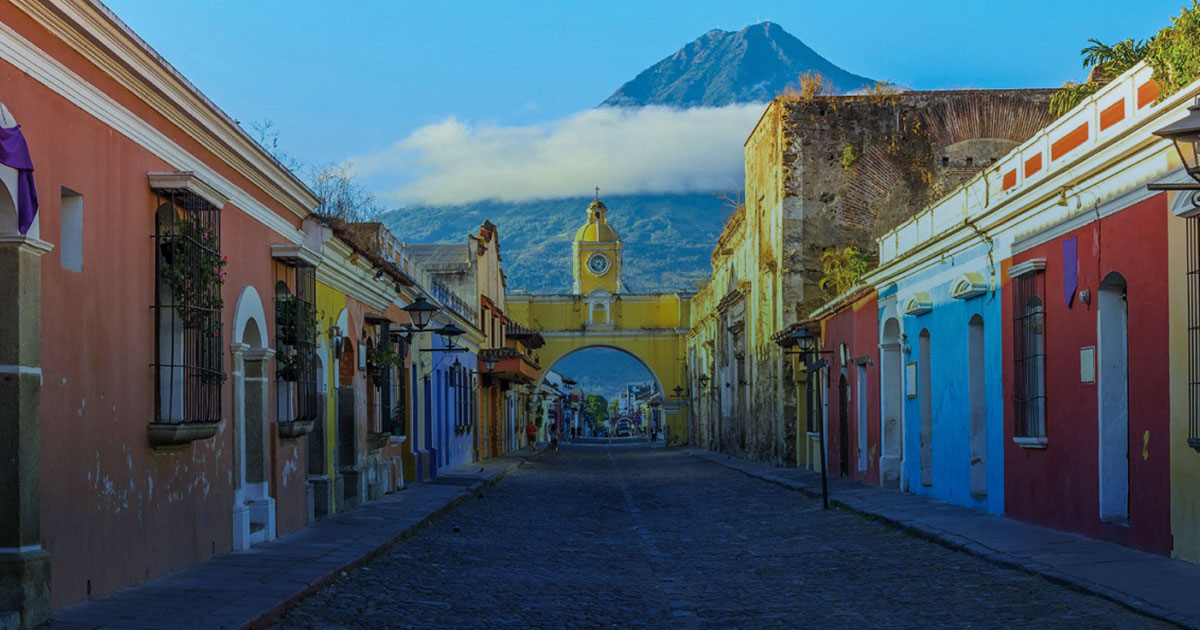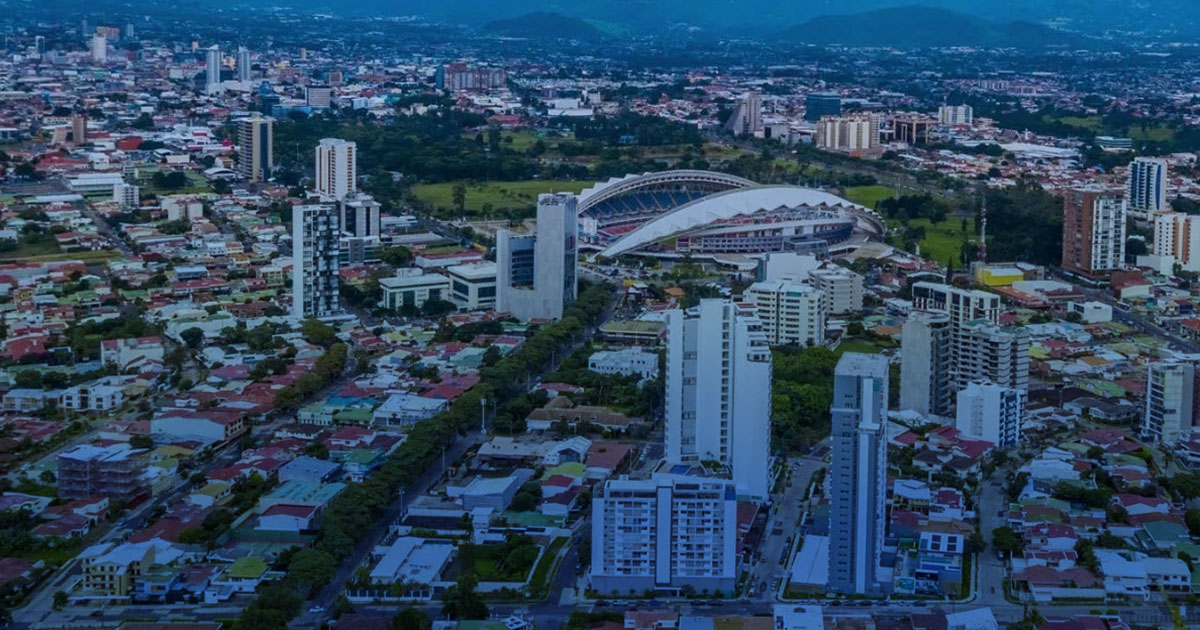The Government extends the term of concessions and permits for DISCHARGES that expire in 2020, THROUGH RESOLUTION R-0080-MINAE:
- The terms granted in those exploitation concessions and discharge permits are extended for one year.
- This measure seeks to support the productive sector in the face of the COVID-19 emergency, extending the term of water use concessions and discharge permits that expire in 2020.
- The original conditions of the concessions, as well as the discharge permits, must be respected by the administrators.
- Resolution R-0080-MINAE (see Here )
- List of Beneficiaries (see Here )
The validity of the Sanitary Operating Permits, Qualification Certificates, Licenses and Authorizations is EXTENDED , THROUGH RESOLUTION DM-RM-0748-2020
- The validity of the Sanitary Operating Permits, Qualification Certificates, Licenses and Authorizations of the establishments and people who have them and that are between March 23 and September 30, 2020 is extended until September 30, 2020. .
- Requests for the renewal of Sanitary Operating Permits, Qualification Certificates, Licenses and Authorizations that are in the previous situation, must be processed in the respective offices responsible for management, during the month of September 2020, and not before. When they are renewed, the validity will be established from the original expiration date.
- New applications and modifications of Sanitary Operating Permits and Qualification Certificates, Licenses and Authorizations, required before September 30, 2020, must be processed by email, as long as there is no virtual system, the mailing list Electronic documents are available on the website of the Ministry of Health at the following link: https://www.ministeriodesalud.go.cr/index.php/tramites-ms/permisos-a-establecimientosms
- Requests submitted via email must be digitally signed by the interested party, indicate an email for notifications and provide all the requirements established by the regulations in force for each case.
MINAE grants an extension to fuel suppliers that expire in 2020 (see Here )
- An automatic extension is granted to gas stations, transport units, peddler (house-to-house sale).
- It is extended for a period of three months and begins to take effect from the expiration date between April and June of this year.
- This measure seeks to help service stations, transport units and fuel self-consumption tanks in the face of the national emergency caused by COVID-19.
- The Concession may be extended depending on the evolution of the virus in the country. For this, the interested parties must present the application for renewal or updated Central American technical proof.









